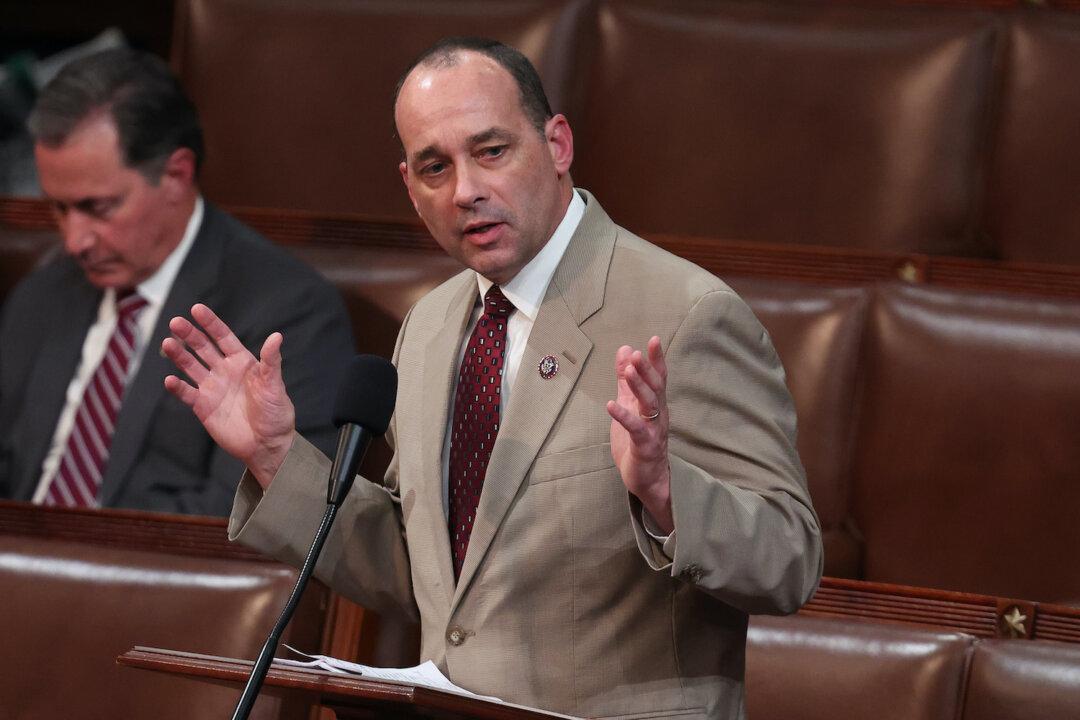Rep. Bob Good (R-Va.) recently introduced the Rein in the EPA Act, aiming to shield small businesses from unnecessary burdens imposed by the Environmental Protection Agency (EPA).
This legislation, introduced on Dec. 14, specifically takes issue with the proposed rule, “Revisions to the Air Emissions Reporting Requirements,” contending that it could adversely affect small business owners across the nation.





